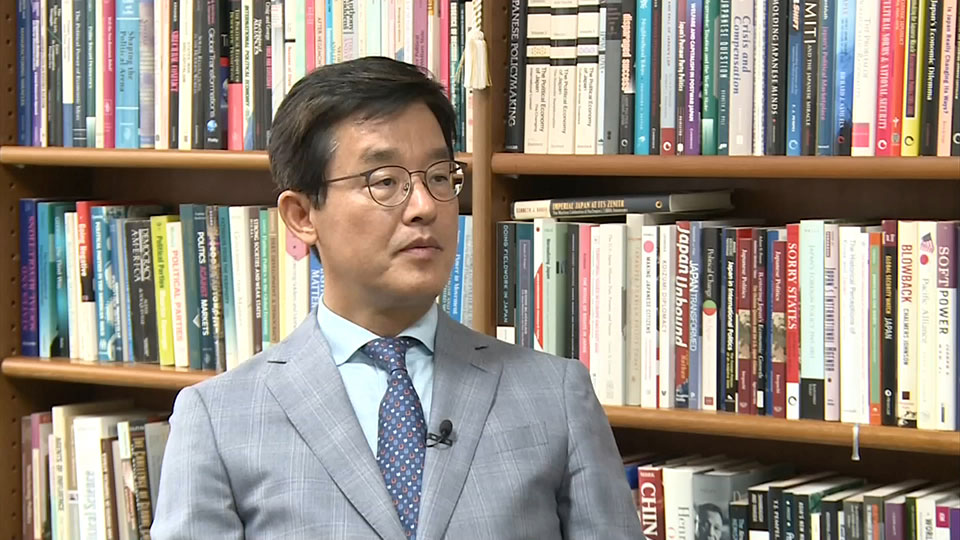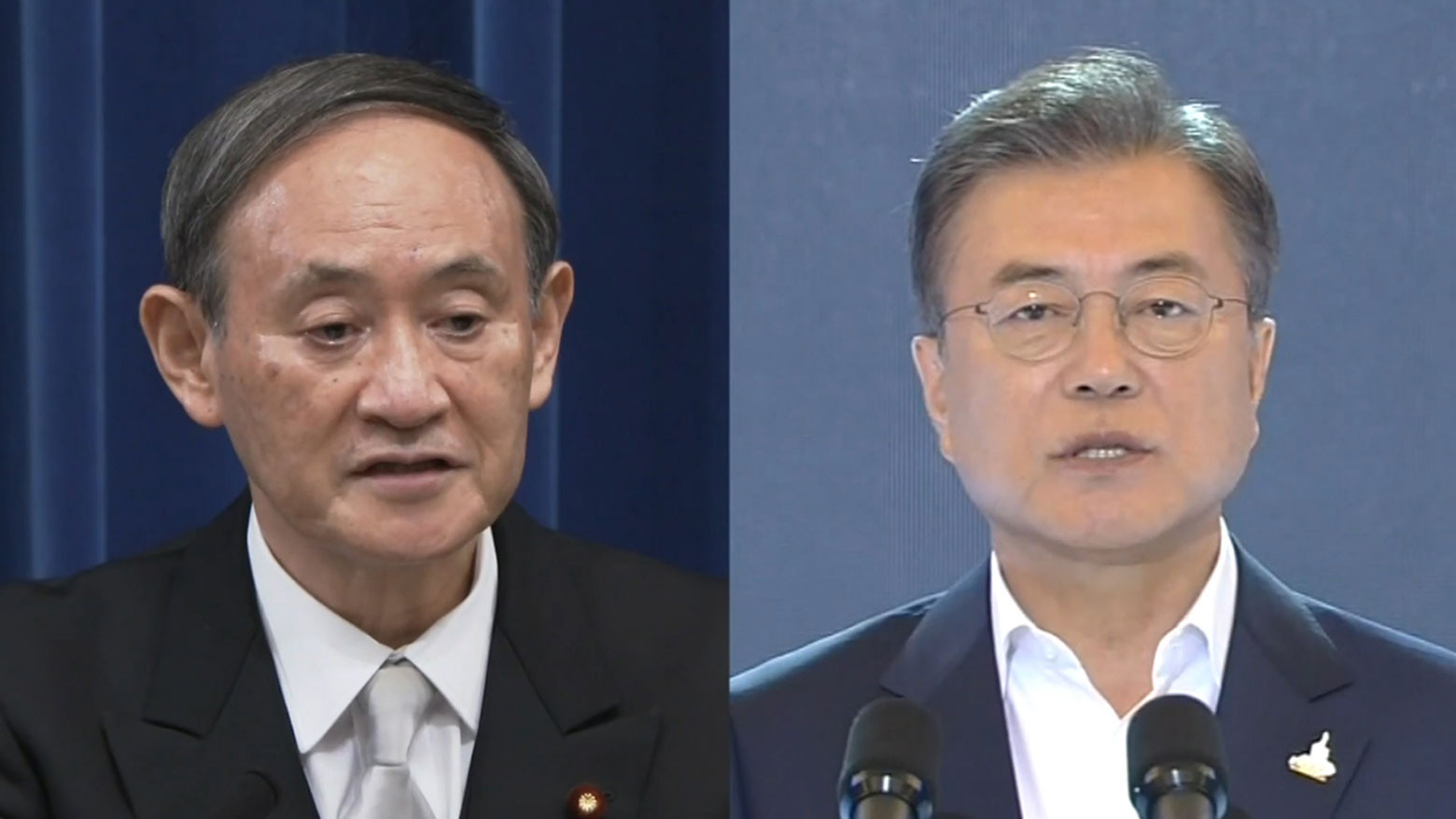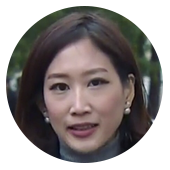Suga served as chief cabinet secretary under Abe Shinzo’s administration for many years. Now, the former right-hand man hopes to make progress in areas left unresolved.
After Suga was elevated to become Japan’s 99th prime minister, Moon sent him a letter of congratulations.
According to local media, Moon expressed his intention to work together to further develop relations, describing Japan as “the closest friend geographically and culturally, sharing basic values and strategic interests.”
Professor Park Cheol-hee of the Graduate School of International Studies at Seoul National University says he has certain expectations of the new prime minister.
“First of all, he is a pragmatic and practical politician, as far as I know, rather than too ideologically minded, so that's a new chance,” he says. “And the Korean president has already made it clear that he wants to solve this troubled relationship through dialogue. So, as long as the two leaders try to find an alternative solution, we can improve the situation a little.”

Issues in play
In 2018, South Korea’s Supreme Court ordered several Japanese firms to pay compensation to South Koreans who say they were forced to work in Japanese steel mills during World War Two. Japan says any rights to claims were settled long ago, in a 1965 agreement.
They are also at odds over Japan’s decision last year to tighten export controls of high-tech materials, a matter that is currently before the World Trade Organization.
Multi-track approach
Park describes the ongoing dispute as two countries bogged down in historical issues.
“They have to get out of that trap and try to think about other issues, rather than just trying to resolve the historical controversies first,” he says. “And then they can find lots of areas to cooperate on, in addition to those controversies. They need to take a two-track or multi-track approach. And I think we have to realize that the only way to improve the relationship is through dialogue.”
Park says a diplomatic breakthrough can only happen if the two sides try to find common ground.
“The most important thing is to locate South Korea-Japan relations in a larger strategic context. We have to realize that Korea and Japan have lots of commonality in terms of values and systems,” he says. “We have democracy, market economies, rule of law, and human rights. That commonality is rare by global standards. So, we have to realize that we are on the same side on the global scene.”

Perspective on new bilateral relations
However, patching up the relationship may take some time. During his first press conference as new prime minister, Suga referred to China and Russia as “close neighbors,” but declined to comment on South Korea.
A high-ranking official at the prime minister’s official residence reportedly told Japanese media that the new administration plans to work on improving ties to China, but will distance itself from South Korea.
Park says Suga isn’t wavering from Abe’s diplomatic policy toward South Korea, and it may be unlikely that he will change the tone set by the previous administration. Park also says that, for now, it would be best for Seoul to be more active in engaging in dialogue with Tokyo.
But despite concern among experts, it seems the two leaders may be starting to show signs of moving toward formal talks.
Resolve to move forward
In their 20-minute telephone conversation on Thursday, they agreed to work more closely together on the peace process on the Korean Peninsula. Suga also expressed gratitude to Moon for supporting Tokyo’s push for the return of Japanese people abducted by North Korea.
The leaders also agreed to make joint efforts to resolve pending issues between the two countries. While pointing out their differing positions on South Koreans who were forced to work for Japanese firms during World War Two, Moon expressed the hope that Seoul and Tokyo can find an optimum solution to the issue. Suga also said the two countries should not neglect their relationship despite the current difficult situation.
It was the first formal exchange of views between the leaders of South Korea and Japan in nine months, since Moon and Abe held summit talks in China last December.
Now that Moon and Suga look to have started a dialogue, what happens during the upcoming trilateral summit with South Korea, Japan and China will provide insight into whether change really is on the horizon.

